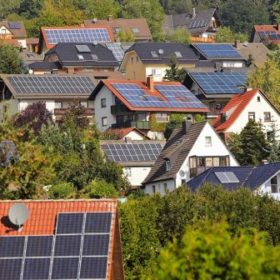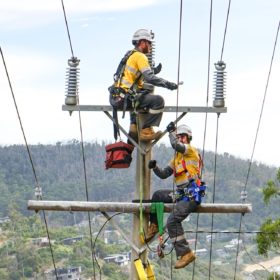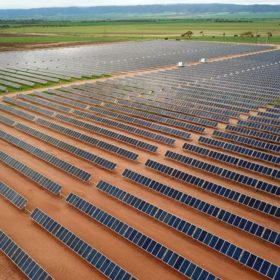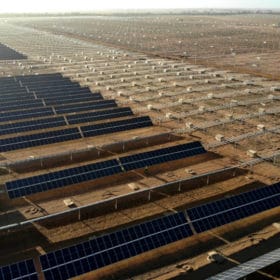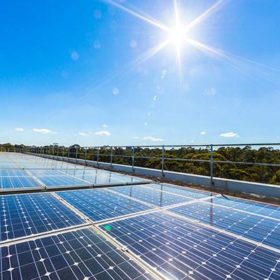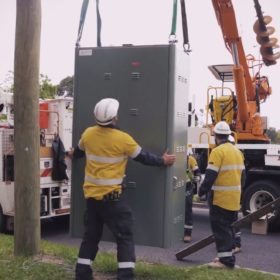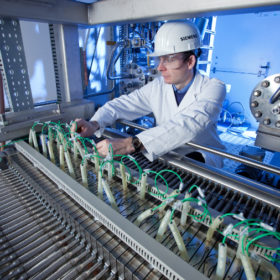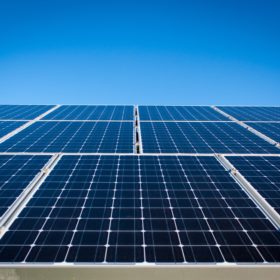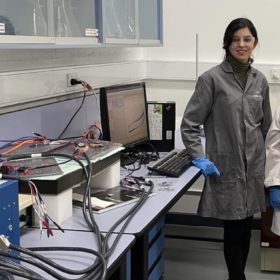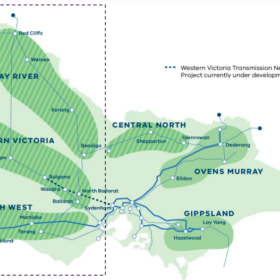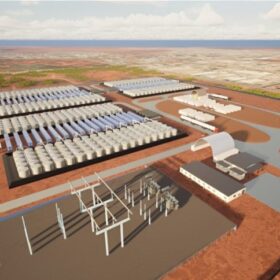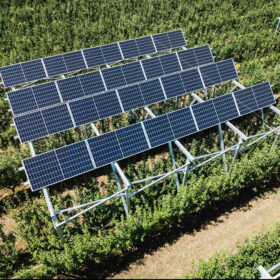AEMO on target to trial DER marketplace platform
The development of a “world-first” marketplace designed to maximise the value of distributed energy resources, including rooftop solar PV, batteries and electric vehicles is on track with the Australian Energy Market Operator confirming it expects to start trialling the platform in early 2022.
Powercor claims 30% increase in rooftop solar export approvals
Victorian network service provider Powercor claims a major works program designed to alleviate grid congestion in areas of high rooftop solar PV penetration has boosted the approval rate for new solar connections to export excess energy to the grid by an impressive 30%.
Solar farms purchase advances MPower’s own+operate ambitions
Renewable energy developer MPower is progressing plans to establish a portfolio of up to 20 small-scale solar PV farms in Australia, confirming binding purchase agreements have been signed for two 5 MW project sites.
Victoria opens tender for ‘at least’ 600 MW of renewables in second reverse auction
The Victorian government has launched its second Victorian Renewable Energy Target auction, aiming to attract “at least” 600 MW of new renewable energy capacity to the state.
Monash launches ‘toolbox’ to aid rollout of microgrid technology
Researchers at Melbourne’s Monash University have used lessons learned during the development of a solar PV powered microgrid at its Clayton campus to produce an interactive ‘toolbox’ designed to support the uptake of the technology in commercial, industrial and community settings.
United Energy reveals community battery rollout for suburban network
Victorian distribution network provider United Energy will deploy 40 custom-built community batteries across Melbourne’s southeast as part of an $11 million project designed to better manage the increasing penetration of rooftop solar PV and periods of peak demand on the network.
Australian scientists set out to use wastewater for green hydrogen electrolysis
Australia has the sun, the wind and the space to become one of the world’s green hydrogen export superpowers in coming decades. However, the Sunburnt Country does have a dearth of one ingredient in the green hydrogen equation – freshwater. Thankfully, researchers from Monash University and a group of national water utilities are joining forces to find a way to use wastewater for the process of electrolysis.
EnergyAustralia explores microgrid technology in Melbourne housing estate
Australian electricity gen-tailer EnergyAustralia is exploring the benefits of microgrid technology, teaming with property developer Villawood Properties to establish a solar PV-powered microgrid community in Melbourne’s north that could see residents reduce their power bills by more than 50%.
Melbourne PhD students pioneering new method of recycling li-ion batteries
Three PhD students from Melbourne are moving their research into recycling lithium-ion batteries from the labs into pitch meetings, vying to become one of the first companies in Australia to recover the metals and minerals from spent batteries. Their method, they say, is simpler, less toxic and more cost competitive than those widely used.
REZ wriggle on – Queensland and Victoria seek input
Both Victoria’s and Queensland’s state governments are moving on their renewable energy zones (REZs) with tight deadlines looming for hopeful projects in Victoria, while further north the government is eager to hear from local communities.
